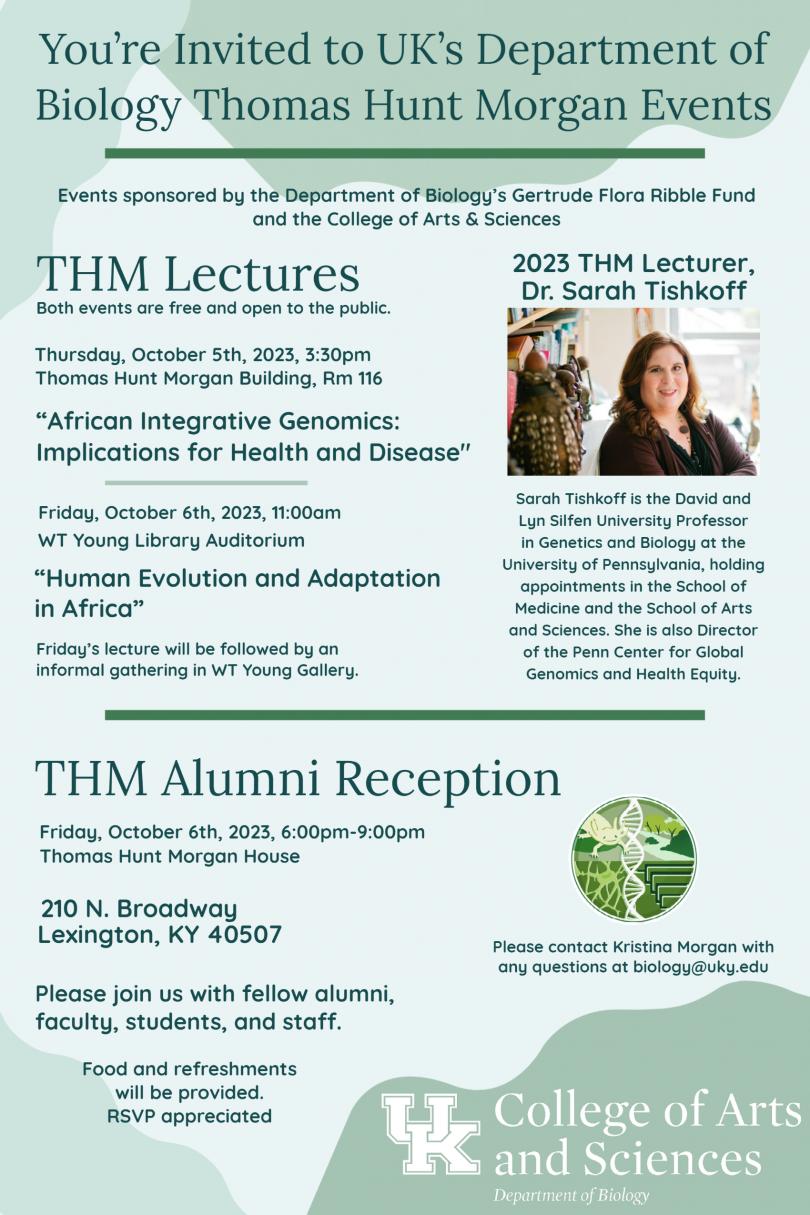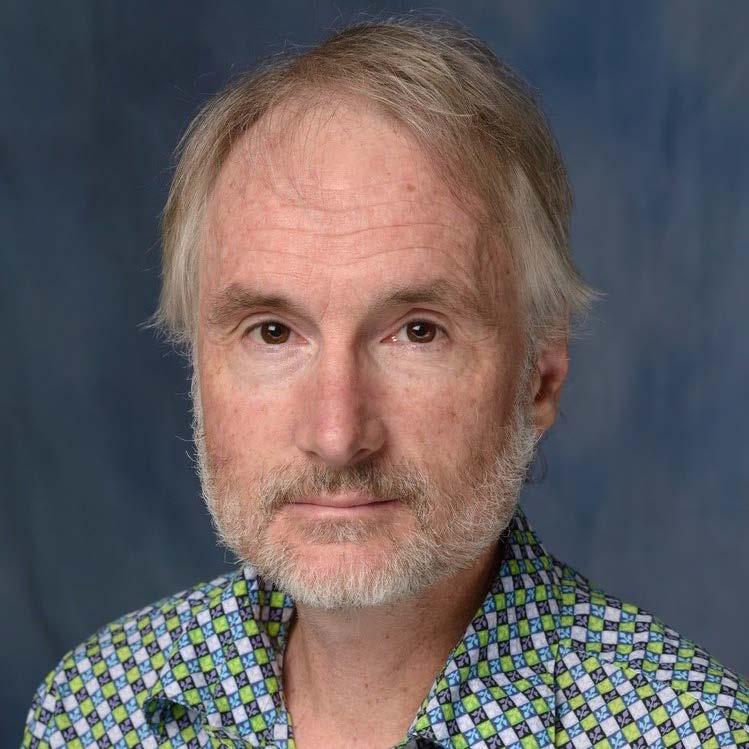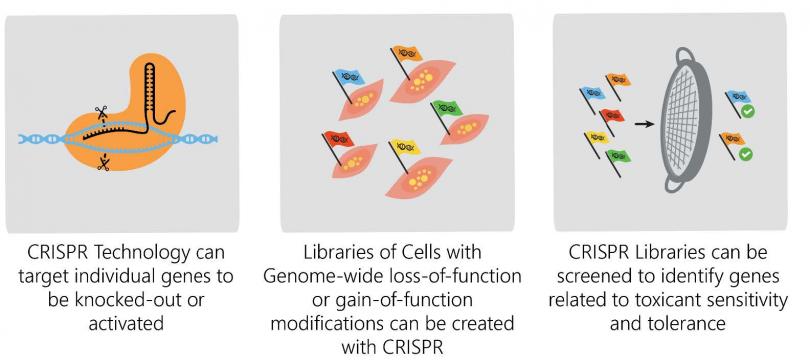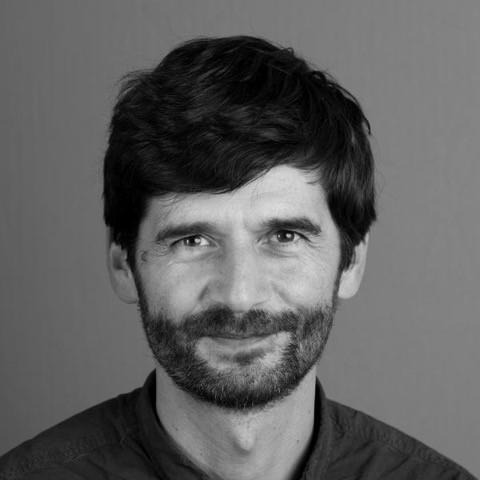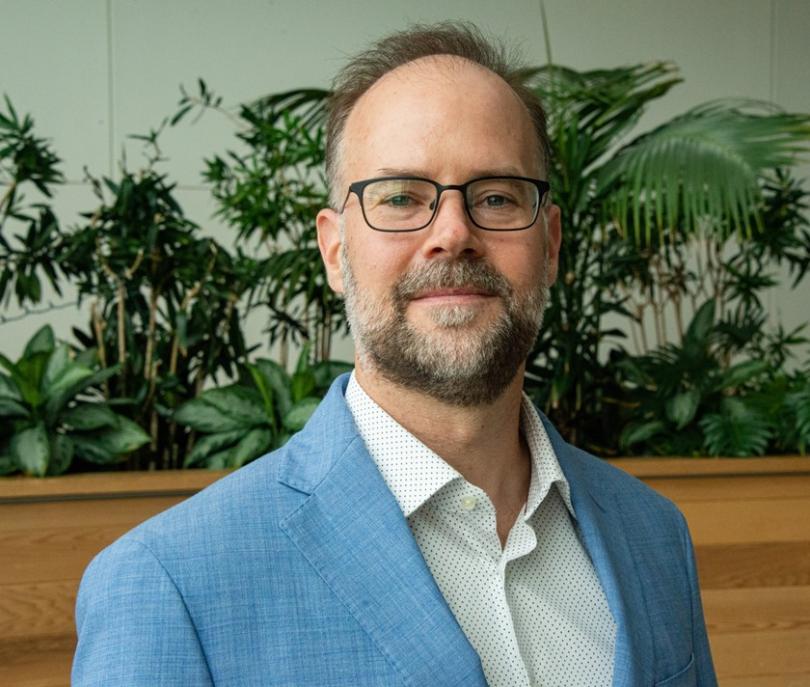BIO:
Blake Meyers is a Member & Principal Investigator at the Donald Danforth Plant Science Center in St.
Louis, and he is a Professor in the Division of Plant Science and Technology at the University of
Missouri - Columbia. He formerly held the Edward F. and Elizabeth Goodman Rosenberg
professorship at the University of Delaware, where his research group was from 2002 to 2015. He
was elected as a Fellow of the American Association for the Advancement of Science (AAAS) in 2012,
and a Fellow of the American Society of Plant Biologists (ASPB) in 2017, the same year he was
awarded the Charles Albert Shull Award by the ASPB for outstanding investigations in the field of
plant biology. He was elected to the US National Academy of Sciences in 2022. After serving on the
editorial board since 2008, Blake became the Editor-in-Chief of The Plant Cell in January 2020. Work
in his lab addresses the biological functions, biogenesis, genomic impact, and evolution of small
RNAs in diverse plant species, using combination of genomic and molecular genetics approaches,
with a focus on phased, secondary siRNAs (“phasiRNAs”).
He received his undergraduate degree in biology from the University of Chicago in 1992, and
working with Prof. Richard Michelmore at UC Davis, was awarded M.S. and Ph.D. degrees in genetics in 1995 and 1998, respectively. After that, he did a postdoc with Prof. Michele Morgante at DuPont Crop Genetics, working on maize genomics for 2 years before returning to Prof. Michelmore’s group at UC Davis in 2000 to do a 2nd postdoc on Arabidopsis disease resistance. In 2002, Blake started his
own research group at the University of Delaware. He was the chair of the Department of Plant & Soil Sciences at the University of Delaware from 2009 to 2015.
Abstract:
In plants, 21 or 22-nt miRNAs or siRNAs typically negatively regulate target genes through mRNA cleavage or translational inhibition. Heterochromatic or Pol IV are 24-nt and function to maintain heterochromatin and silence transposons. Phased “secondary” siRNAs (phasiRNAs) are generated from mRNAs targeted by a typically 22-nt “trigger” miRNA, and are produced as either 21- or 24-mers via distinct pathways. Our prior work in maize and rice demonstrated the temporal and spatial distribution of two sets of “reproductive phasiRNAs”, which are extraordinarily enriched in the male germline of the grasses. These two sets are the 21-nt (pre-meiotic) and 24-nt (meiotic) siRNAs. Both classes are produced from long, non-coding RNAs, generated by hundreds to thousands of loci, depending on the species. These phased siRNAs show striking similarity to mammalian piRNAs in terms of their abundance, distribution, distinctive staging, and timing of accumulation, but they have independent evolutionary origins. The functions for these small RNAs in plants remain poorly characterized. I will describe our recent work investigating the functions of plant phasiRNAs and their roles in modulating traits of agronomic importance in plants, including male fertility, as well as novel applications of phasiRNAs such as those generated from transplastomic plants.
